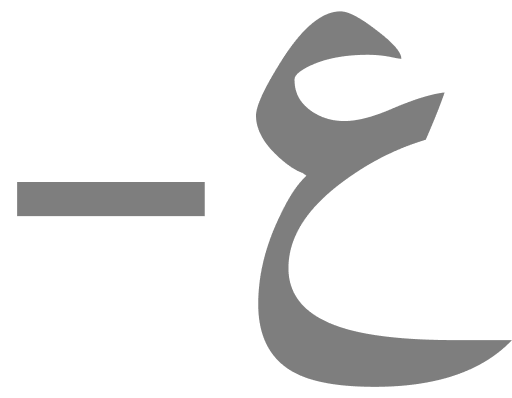America and the dilemma of bureaucracy


In the context of my work as a writer, it sometimes happens that I have a column idea that ultimately does not succeed. But other times, I delve into a topic and encounter a problem so intractable that I cannot believe I have ever written about anything else. This is what happened to me when I was contemplating the increasing bureaucracy in American life. Not only does increasing bureaucracy cost a lot of money, but it also weakens American society. This is because it redistributes power from workers to rule-makers, thus sapping initiative, appreciation, creativity, and motivation. In fact, once you start researching this topic, you will be amazed by the statistics. This is because more than a third of health care costs go to administration.
As health care expert David Himelstein said in 2020, “The average American pays more than $2,000 a year for useless bureaucracy.” Anyone who has ever dealt with the medical system knows why administrators are there: to fight and argue over coverage of treatments that doctors think patients need.
According to estimates by Gary Hamel and Michele Zanini in 2016 in the Harvard Business Review, the bloating of bureaucracy costs America more than $3 trillion in lost economic output each year, or approximately 17 percent of gross domestic product. According to their analysis, there is now one administrator or manager for every 4.7 employees, doing things like designing anti-harassment training courses, writing the company mission statement, collecting data, and managing “systems.” This situation is particularly dangerous in higher education. For example, the Massachusetts Institute of Technology now has eight times as many non-faculty employees as its faculty.
In the University of California system, the number of administrators and senior professionals swelled by 60 percent between 2004 and 2014, while the number of tenure-track faculty increased by only 8 percent. Conservatives complain that administrators responsible for diversity, equity and inclusion are spreading a dangerous ideology on American campuses. And this is true. But the greatest problem is that these workers belong to the bloated ranks of administrators.
The general task of administrators is to supervise and control, and they gain power and job security by hiring more people to work with them and creating more supervision and control. The truth is that in every institution I have dealt with, administrators really want to serve the institution’s mission, but the nature of their tasks is to enforce respect for this or that rule. As for their power, it is similar to what Annie Lowry of The Atlantic magazine called “the time tax.” If you've ever battled the bureaucracy of healthcare, corporations, or universities, you'll quickly realize that you don't have time, which is why you'll end up giving up.
For example, my health insurance company sometimes refuses to cover my family for things that seem like obvious necessities, but I overlook that if it's not a big expense after I conclude that my time is more valuable than engaging in fruitless arguments. As the American writer Philip Howard has been arguing for years, good institutions give people the discretion to do what is right and right. The prevailing trend in public and private sector institutions is to write rules that deprive people of discretionary power. Therefore, the matter here is related to two different mentalities.
As Howard wrote, “Studies suggest that the real problem is that people who think in rules actually have less ability to think about solving problems.” Recently, for example, an airline mistakenly canceled one of my reservations. So I called customer service, but the guy on the other end of the line seemed like he couldn't really fathom putting me on another flight, because the rule was, my reservation was non-refundable. I had the now familiar feeling of talking to a pile of stones. This situation is so prevalent in American life that childhood is now completely managed. Personally, I consider myself lucky to have grown up in a time when parents allowed their children to roam freely to invent their own games and solve their problems.
Today, children's activities are supervised, controlled and dominated by rules, from travel sports to recess periods. Parents fear their children will be harmed, but as Jonathan Haidt and Greg Lukianoff have argued, by being overprotective, parents make their children more vulnerable and more vulnerable to harm.
For their part, high school students design their lives to fit the standards required by college admissions officers. But, what attributes do selective universities look for? It looks for students who are willing to conform to the formulas proposed by the gatekeepers. Institutions try to protect themselves from lawsuits, but the entire administrative apparatus comes with an implicit view of human nature: that people are weak, vulnerable, vulnerable, and somewhat stupid, need administrators to manage their lives, and must be trained never to take initiative for fear of falling into the wrong activities. The authorities consider it outside the permissible framework. The result is the soft tyranny that the French thinker Alexis de Tocqueville warned us about centuries ago, an authority that is “absolute, precise, regular, wise, and moderate.” In fact, Trump's populism is about many things, but one of them is the rebellion of working class people against administrative officials.
It is about people who want to live lives of freedom, creativity, and vitality, people who find themselves working jobs, sending their children to school, and visiting hospitals, where they encounter an “immense tutelary power” (in Tocqueville’s words) that seeks to diminish them.
*An American writer published by special arrangement with the New York Times Service.
#America #dilemma #bureaucracy